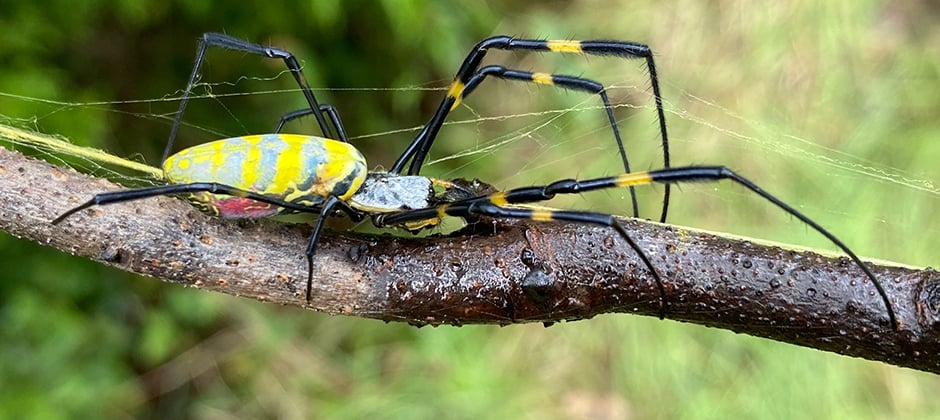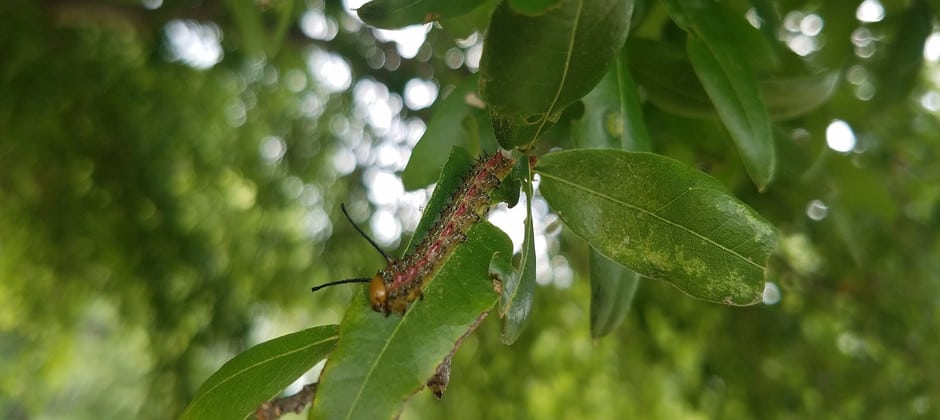- News
-
-
-
-
-
Latest News Articles
- 2024 TWS Elections: Southwest Representative April 25, 2024
- Can these butterflies fill the gap left by their extinct relative? April 25, 2024
- Q&A: TEK and the wildlife profession April 24, 2024
-
-
-
- Wildlife Professional Resources
-
- Our Network
-
- PUBLICATIONS
-
-
Recent Posts
-
 The Wildlife Professional November/December Issue
November 1, 2023
The Wildlife Professional November/December Issue
November 1, 2023
-
-
-
-
-
-
- Wildlife Events
-
-
-
Upcoming Webinars
- No Events
-
-
-
- Who We Are
-
Tag: insectivores

March 17, 2022
Joro spiders could spread throughout East Coast
Joro spiders may look big and scary, but biologists say that unlike some other introduced species, they may not pose a danger to the environment, even if they spread across...

June 18, 2020
Urban forests draw more birds and insects than street trees
Rather than rely on the safety of tree-lined streets for food, leaf-eating insects seem to prefer urban forests, even if they have to tolerate more predators in them. In the...

